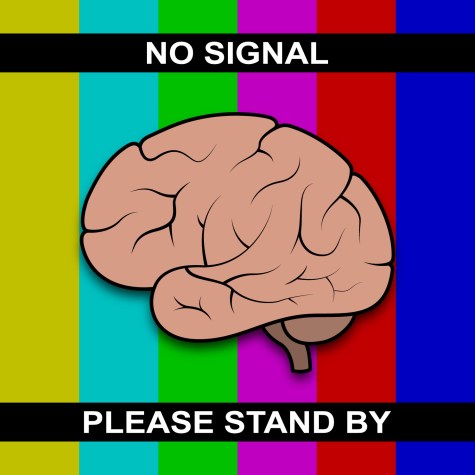Attention affectation
September 14, 2021
It is hard enough to turn off “vacation mode” when a new semester comes around. All of a sudden, your hours spent sleeping in are substituted with assignments. I try my best to stay on top of my tasks. However, my short attention span is making it difficult to put my full effort in.
My short attention span does not just taint my academic life. It’s a problem in every environment I’m in. A month ago, I had a phone interview for an internship. The employer was discussing the job description and responsibilities for prospective interns. I was sitting at my desk when I realized I zoned out. They proceeded to ask me questions, and I had a difficult time shaping my answers to fit the job. If you assume I did not get the job opportunity, you’re right.

It’s not that I’m not interested or I’m forgetful, I have a hard time paying attention. Oftentimes, I’m not mentally present.
When I commute to Quinnipiac University, I have to leave my house about an hour and a half earlier before my first class to secure a parking spot. I wake up around 6 a.m., and I catch myself driving mindlessly on the highway. It’s dangerous enough to be on the road when you’re tired, but driving past three exits without knowing is alarming.
I can blame my short attention span on the enemy: social media. According to a study from Microsoft, people lose concentration after eight seconds. In 2000, it was 12 seconds. I notice that I constantly switch apps if I can’t find anything interesting. Social media shares a variety of content that draws in engagement. For example, I would rather spend hours watching TikTok videos than a full-length movie.
Dr. Julie Albright, a University of Southern California professor, told Forbes social media platforms adopted a mechanism that mimics the effects of gambling on the mind. They share addictive content that users would be interested in, and some content they might not be.
“In psychological terms (it’s) called random reinforcement,” Albright said. “It means sometimes you win, sometimes you
lose. And that’s how these platforms are designed … they’re exactly like a slot machine. But we don’t often talk about how our devices and these platforms and these apps do have these same addictive qualities baked into them.”
There are deceptive social media posts that will promote inaccurate information for likes and views because companies are aware that audiences will not take the time to read a full-length story.
As journalism students, we are warned that if our headline and the first sentence do not grab the reader’s attention, the chances of their full article being read are low. This leads readers to mainly engage with headlines that can be misinformative. For example, a headline can say, “Paris Hilton in hot water,” when it’s just about her cooking show.
The attention span economy is suffering. We are sucked into a social media whirlpool where advertising is promoted over learning information. Advertising has grabbed the attention of audiences through billboards and television commercials for decades by sharing the bare minimum. Social media engages viewers, and I’m sure I’m not the only one who spaces out during classes from all the Tik Toks they watch.








